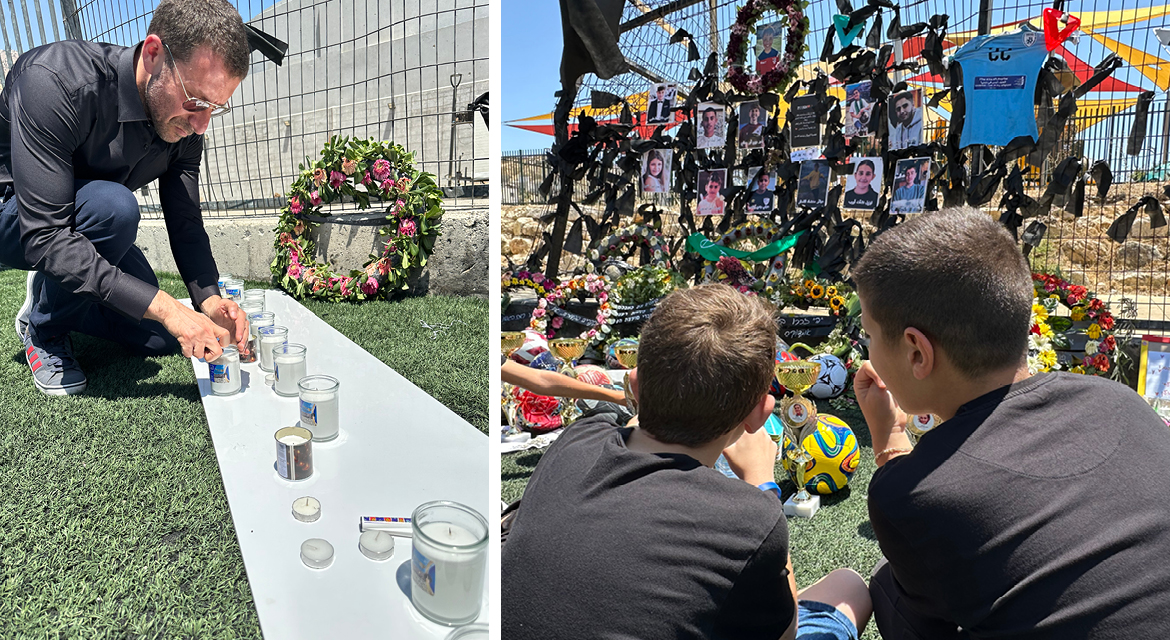On a visit to the north of Israel back in April, I had the honor of meeting Sheikh Mowafaq Tarif, the spiritual leader of Israel’s Druze community. The walls of the Sheikh’s office are adorned with photographs of him and his grandfather (who held the role before him) proudly standing with each of Israel’s prime ministers, going all the way back to David Ben-Gurion.
That’s the patriotism of the Druze, this tiny ethnoreligious community whose members have long served in the IDF with fierce loyalty.
Along the same lines, I’ve previously written about my meeting with Basma — a Druze woman, restaurateur, and IDF widow — who, in the aftermath of October 7, obtained kosher certification for her business so that all the soldiers in her son’s army unit could enjoy her donated cuisine. Each food package she prepares bears a sticker with the words Yachad N’natzeach, "Together We Will Win."
The Druze community has stood with Israel, and we stand with them, sharing in the overwhelming grief of 12 children brutally killed on a soccer field by a Hezbollah rocket last Saturday. Two hundred more people were injured, 40 severely. Many others witnessed the grim aftermath of the attack. In this tight-knit community, no one is untouched by the tragedy.
Adding another layer of heartache: Until the attack, the soccer field compound, which also includes a park and playground, had been a singular oasis for Druze children and teens during these highly challenging 10 months of war. That haven is no more.

